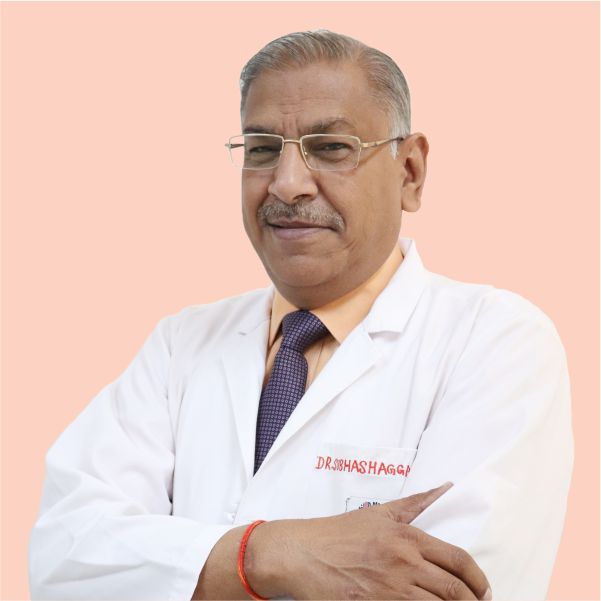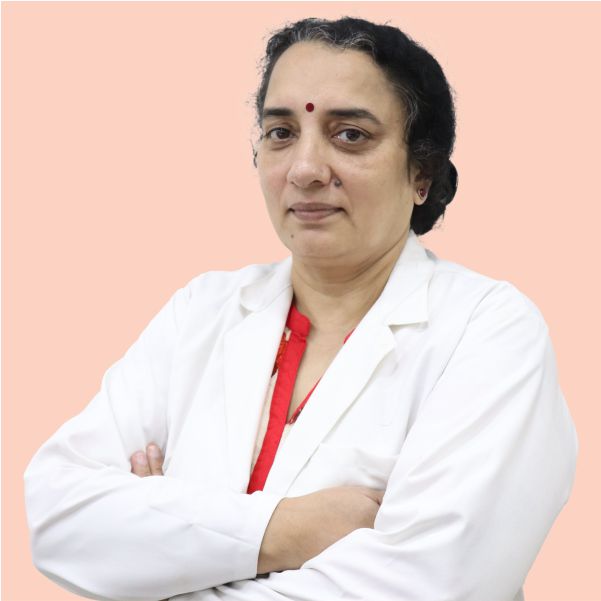The Sri Balaji Action Medical Institute is renowned for its commitment to provide comprehensive healthcare services with a focus on precision and compassion. Among its specialized units, the Breast Speciality Clinic is dedicated to address the unique needs of patients with breast-related concerns. This state-of-the-art facility combines cutting-edge technology, experienced healthcare professionals, and patient-centric care to offer all services for breast health care.
At Sri Balaji Action Medical Institute's Breast Clinic, patient well-being is our top priority. We recognize that breast health concerns can be distressing, and our dedicated team of healthcare professionals are committed to provide support and empathy to each patient. you can trust in the expertise, compassion, and cutting-edge technology available at this center of excellence, making it a pivotal resource in the fight against breast conditions and breast cancer.
Call 011-42888888 to book an appointment with a specialist at Sri Balaji Action Medical Institute.

Unit Head & Sr. Consultant

Sr. Consultant
A Breast Clinic is a specialized medical facility or department within a healthcare institution that focuses on the evaluation, diagnosis, and management of breast-related conditions. It offers a range of services including breast examinations, imaging studies, and consultations with breast health specialists.
A Breast Clinic provides a comprehensive range of services related to breast health, including:
Individuals of all ages, particularly women, can benefit from visiting a Breast Clinic. This includes individuals with concerns about breast health, those seeking routine screenings, and those with a family history of breast conditions.
During a visit to a Breast Clinic, you can expect to undergo a thorough evaluation which may include a clinical breast examination, imaging studies (such as mammography or ultrasound), and potentially a biopsy if further assessment is required.
The recommended frequency of breast screenings can vary based on individual factors, including age, family history, and personal health history. Generally, routine mammograms are recommended for women starting at age 40, with screening intervals determined based on individual risk factors.